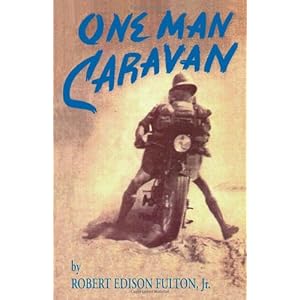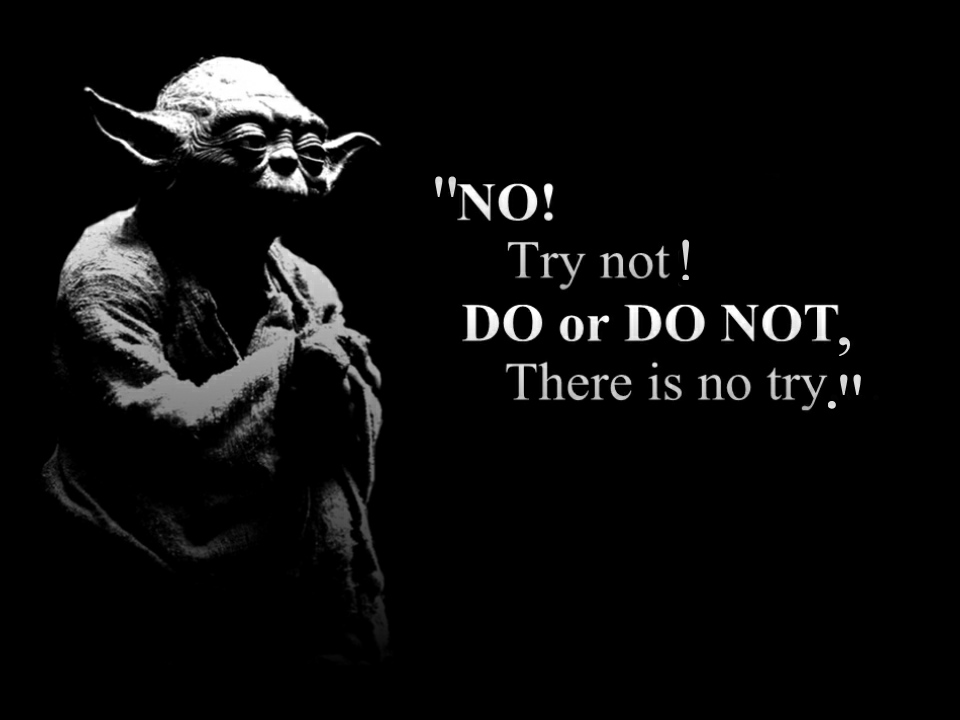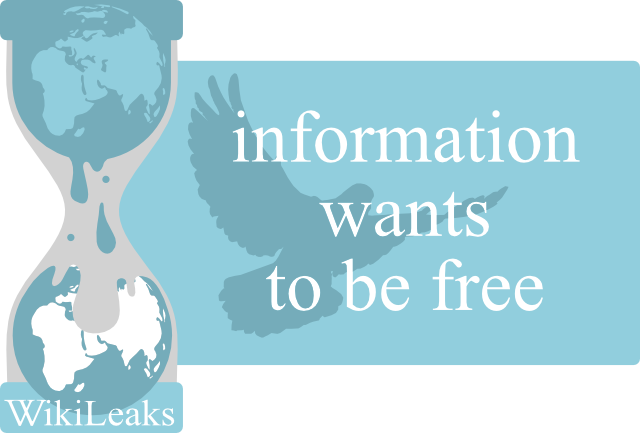| OISE’s Senior Computer Tech AQ |
I’m about to head into the senior part of my computer technology AQ with the University of Toronto. My instructor is an outstanding fellow, we’re in a new school with a fantastic lab and if it’s anything like last year I’ll expand my knowledge in a subject I really enjoy both professionally and personally.
I’ve found myself at times falling in to the negativity that many teachers feel around PD, but it’s easy to get excited about this course. I could get all long in the face about how much it’s costing me, how many weeks of my summer I’ve got to spend doing it, why I have to take an AQ in this subject when I see so many other teachers with no background or qualifications in the subjects they teach not doing it. I could wallow in the negativity, but I won’t because I don’t want it to spoil the learning opportunity. Learning dynamics are so closely tied to the emotional approach of the student that I’m making a conscious choice not to. This has left me wondering at all those teachers who hate on PD.
I work with a number of teachers who don’t do the AQ thing. They think it’s a waste of time and money, they think it’s just a money grab with no real value. These teachers often end up teaching subjects they have no background in. Over time they learn how to teach the subject because they are smart, capable people who want to do the job well, but they consider teacher training to be beneath them.
I first came across this attitude in educators in teacher’s college and I found it demoralizing and unhelpful. I didn’t sign up for teacher’s college to go through the motions just to get an empty qualification. As I began teaching I found that cynical negativity surrounding professional development. PD was treated by a surprising number of teachers as a waste of their time, something beneath them.
Teaching is one of those jobs that demands a degree of arrogance in order to survive. If you’re timid or unsure you’ll get eaten up by a difficult class. Confidence, even over-confidence, is an important survival tool. The spill-over into our own learning is distressing though. Teaching is a challenging discipline, if anyone thinks they’ve got it all figured out they are kidding themselves. By turning that self-defensive cockiness on our own learning we effectively limit our ability to perform our work well.
I’m not a fan of mindless optimism. An accurate assessment of what is going on is more important than mindless positivity. I see a lot of management types who do this and it drives me nuts. The easiest way to lose me as a team member is to ignore facts in favor blind positivity, but that doesn’t mean blind cynicism is any better, in fact it’s worse.
A teacher who won’t be taught is about as useful as a mechanic who can’t drive or a doctor who ignores health; in both cases these are people are can’t make use of what they claim to be experts in. A negative approach to learning affects a teacher’s ability to teach. Beyond the professional problems, teachers who are bad students are hypocrites; they berate a student in class for doing what they themselves do at PD. Unless you’re able to model productive learning you aren’t showing your students what you’d like them to do, and you probably don’t have a good grasp on what it is you’re supposed to be doing in a classroom.
Those teachers who don’t make productive use of professional development, including taking AQs, do themselves and their profession a disservice. Those administrators that trivialize teaching by ignoring qualifications aren’t the kind of educators I enjoy working with. There is something to be said for objectively taught professional designations. They certainly have more credence than someone simply giving a teacher a class because they like them or think them capable.
So, tomorrow I begin a two hour daily commute and eight hours a day in class for three weeks to study a subject I worked in professionally for years before I became a teacher. I could turn my nose up at it, trivialize the experience, make it less than it could be, or I could approach it the way I’d like a student to approach my own class, with curiosity, humility, positivity and integrity.
Next time you find yourself dismissing professional development, consider how changing your mind might make you a better learner and teacher. And if you’re avoiding an AQ because you think it beneath you, perhaps you shouldn’t be teaching that subject in the first place. It’s hard to argue for teaching as a profession if it doesn’t have credible, valuable training that is a requirement for the job. It’s even harder to understand a teacher who refuses to be taught anything.




















